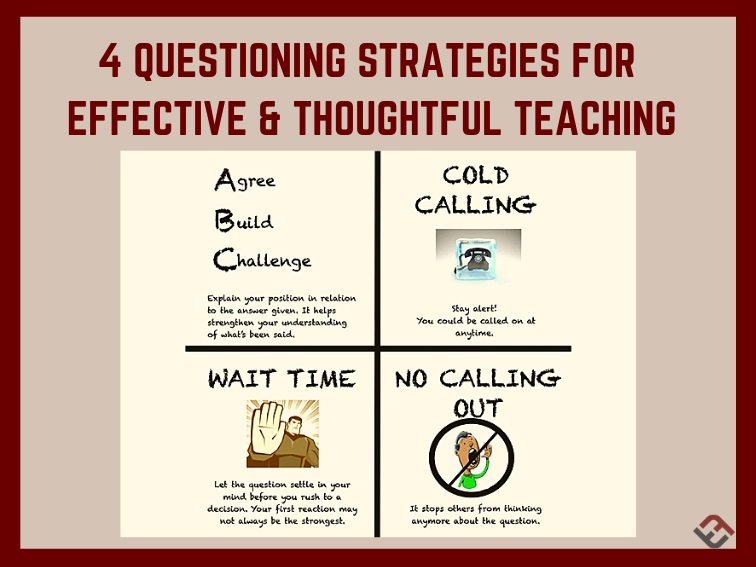
The defiance of a student is an experience I am sure most of us are familiar with. The perennial “what is the point” query will continue to bother the unassuming tutor for decades to come. The irritation that such a question raises is palpable from both parties: the student is driven mad by work they can’t conceive as valuable. Meanwhile, the tutor sits frustrated by the disruption to the lesson. They also struggle to justify a task whose value is cumulative and only apparent upon reflection. Often seen as an attempt to avoid the prescribed work, the typical tutor response is usually somewhat condescending, dismissing the concern as ‘naïve’ and encouraging the child to ‘get back to work’. While I do not wish to deny the inherent childishness of the student’s position, I suggest that an alternate approach of considered discussion avoids isolating the child; maintaining rapport with students in these pivotal moments of frustration is important to ensure engagement in sessions going forward.
The aim here is to construct a meaningful dialogue. I find it beneficial to first explore the root of their complaint and understand why they feel that way. Forced to confront the shaky foundations of their position, the student often grapples for a ‘half-baked’ justification that invariably falls short. This shows them how their position is undermined by ill-conceived rationale that lacks evidence, illuminating the value of critically considering our arguments. It is vital to then acknowledge the merit of their perspective; while their dismissal for their prescribed work is too quickly concluded, there exist elements of truth in their rejection; for example, there are many counterintuitive components of the curriculum that only serve ‘testing’ purposes. It’s crucial in such moments to validate their feelings while steering the conversation towards a more productive outcome. Emphasizing that understanding and navigating imperfect systems is a valuable life skill empowers students, instilling in them a sense of control and a renewed sense of purpose. Encourage them to view mastery of these tasks as a form of intellectual empowerment—a way to rise above the system rather than be defeated by it. By engaging in these philosophical discussions, we not only address their immediate concerns but also cultivate a deeper appreciation for learning and intellectual growth.
Thea Macarthur-Lassen

